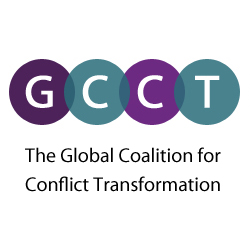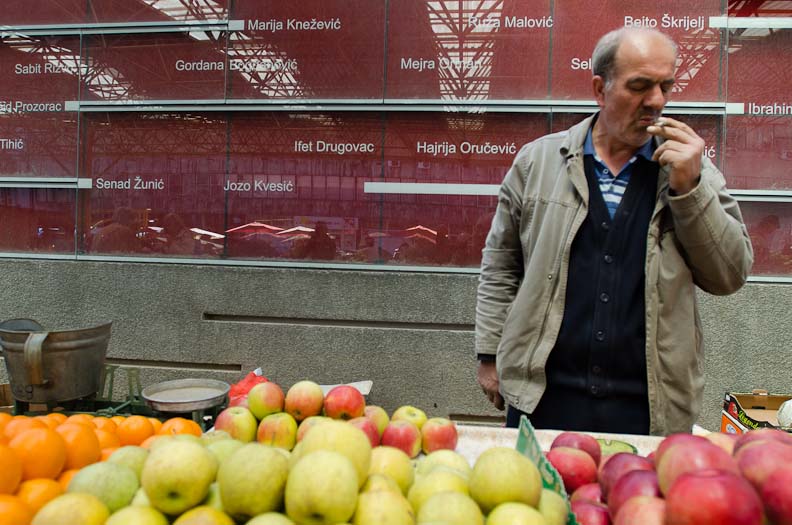Though the Dayton Peace Agreement ended the war in Bosnia-Herzegovina, the country remains divided on ethnic lines and its future uncertain amidst disagreements over its internal structure and balance of power.
| Suggested Reading | Collaborate | Analysis |
GCCT members from Bosnia and Herzegovina
1) Association for Social Research and Communications
The Association for Social Research and Communications is especially concerned with mapping, memorialisation and raising living monuments. UDIK helps post-Yugoslav societies to establish the rule of law and to accept the legacy of massive human rights violations in order to identify the criminal responsibility of perpetrators, to meet justice and prevent the repetition of such crimes. Read more…
2) Center for Peacebuilding
The Center for Peacebuilding (CIM) is a non-governmental organization – located in Sanski Most, Bosnia and Herzegovina – that seeks to rebuild trust and foster reconciliation among the people of Bosnia – Croats, Serbs, Bosniaks, and others – as well as support peace processes in other countries that have suffered from violent conflict. Read more…
3) Institute for Social and Political Research (IDPI)
The Institute for Social and Political Research (IDPI) is a politically independent centre for advancing and developing expertise in the field of state organisation and governance. Read more…
4) Peace Academy Foundation
The Peace Academy Foundation sees peacebuilding as increasing the capacities of people and institutions to manage diversities through conflict transformation, and avoiding structural violence by investigating and analyzing the causes of war, opening perspectives and (re)establishing interrupted and destroyed relationships among people, and between ethnic groups, of the former-Yugoslavia. Read more…
5) PRONI Brcko
PRONI is working on bridging the barriers that create differences within society. PRONI works for individuals and groups in society that will have the benefit of the labor organization, with a special focus on young people. PRONI Brcko has proven that multi-ethnic coexistence and life is possible. PRONI Brcko become the first Youth NGO project that combined all three ethnicities in the year 2000 and since then has promoted a multi-ethnic approach in Bosnia-Herzegovina. Read more…
6) Research and Documentation Centre Sarajevo
The Research and Documentation Center (RDC) was formed in April, 2004, with the aim to collect documents and establish facts about the war and war atrocities in Bosnia and Herzegovina during 1992-1995. RDC collects and analyzes documentation related to international humanitarian law and human rights violations regardless of the ethnic, social, political, religious or racial background of victims. Read more…
7) US Alumni Association in Bosnia and Herzegovina
The US Alumni Association gathers around 1,900 participants from Bosnia and Herzegovina who participated in academic and professional exchange programs in the USA. Using the US experience from its members, the Association works on realizing projects in a number of fields, including developing economic and political institutions, ethnic reconciliation, education and science, technology, and sustainable urban and rural development. Read more…
8) Youth Resource Centre (ORC) Tuzla
The Youth Resource Centre (ORC) Tuzla works to empower and strengthen the capacities and resources of youth organizations and informal youth groups, especially in small communities. Read more…
Commemorating Markale Market, where 68 people were killed in 1994











Recent Comments